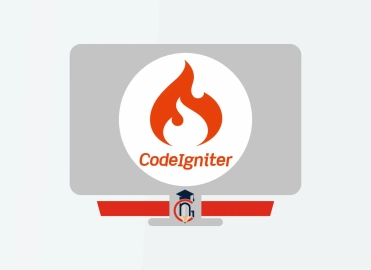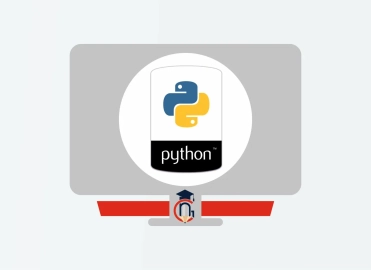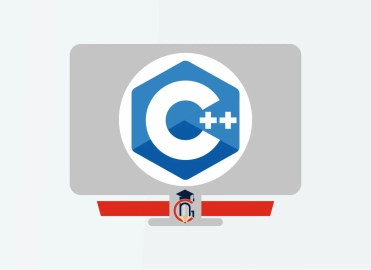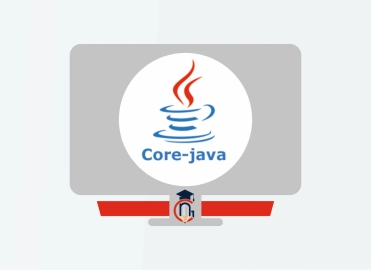Ethical Hacking
| Training Mode | Regular | Fastrack | Crash |
|---|---|---|---|
| Classroom | Online | 6 Months (M,W,F or T,T,S Class) (3 Class in a week) |
4 Months (Monday to Friday Class) (5 Class in a week) |
2 Months (Monday to Friday Class) (5 Class in a week 1:30 hour duration) |
Module-1: Introduction to Ethical Hacking and Network Fundamentals (Duration: 1 Month)
This module introduces students to the fundamentals of ethical hacking and network security.
- Introduction to Ethical Hacking: Understanding the role of ethical hackers, ethical hacking principles, and legal implications.
- Networking Basics: Learning about network topologies, protocols, and devices. Understanding TCP/IP, OSI model, and subnetting.
- Network Security: Exploring firewalls, IDS/IPS, VPNs, and security policies. Understanding the basics of network encryption and wireless security.
- Lab Setup: Setting up a virtual lab environment for hands-on practice with tools and techniques.
Module-2: Reconnaissance and Scanning (Duration: 1 Month)
This module focuses on reconnaissance techniques and network scanning.
- Information Gathering: Using OSINT (Open Source Intelligence) tools and techniques to gather information about targets.
- Network Scanning: Performing network scans using tools like Nmap to identify live hosts, open ports, and services.
- Vulnerability Scanning: Using vulnerability scanners like Nessus to identify security weaknesses in networks and systems.
- Enumeration: Enumerating network shares, services, and user accounts. Understanding SNMP enumeration and LDAP enumeration.
Module-3: Gaining Access and Exploitation
Duration: 1 Month
This module covers techniques for gaining unauthorized access to systems and exploiting vulnerabilities.
- System Hacking: Understanding password cracking techniques, privilege escalation, and maintaining access.
- Exploitation Frameworks: Using tools like Metasploit for automated exploitation of vulnerabilities.
- Web Application Hacking: Identifying and exploiting web application vulnerabilities, including SQL injection, XSS, and CSRF.
- Wireless Network Hacking: Cracking WEP/WPA/WPA2 encryption, performing wireless sniffing, and launching wireless attacks.
Module-4: Post Exploitation and Covering Tracks (Duration: 1 Month)
This module focuses on post-exploitation activities and methods for covering tracks.
- Maintaining Access: Installing backdoors and rootkits to maintain persistent access to compromised systems.
- Data Exfiltration: Techniques for extracting sensitive data from compromised systems.
- Covering Tracks: Clearing logs, hiding files, and using anti-forensic techniques to avoid detection.
- Incident Response: Understanding incident response processes and how ethical hackers can aid in forensic investigations.
Module-5: Advanced Penetration Testing Techniques (Duration: 1 Month)
This module delves into advanced penetration testing techniques and methodologies.
- Advanced Network Attacks: Performing Man-in-the-Middle (MitM) attacks, DNS spoofing, and ARP poisoning.
- Social Engineering: Understanding psychological manipulation techniques to trick users into divulging confidential information.
- Physical Security Testing: Assessing physical security controls and conducting physical penetration tests.
- Reporting and Documentation: Writing comprehensive penetration test reports and providing actionable recommendations.
Module-6: Ethical Hacking Project and Certification Preparation (Duration: 1 Month)
The final module involves a capstone project and preparation for certification exams.
- Capstone Project: Applying all learned skills to a comprehensive penetration testing project on a simulated network.
- Certification Preparation: Reviewing key concepts and practice questions for certifications like CEH (Certified Ethical Hacker) and OSCP (Offensive Security Certified Professional).
- Mock Exams: Taking mock exams to assess readiness and identify areas for improvement.
- Career Guidance: Resume building, interview preparation, and job search strategies for ethical hacking roles.
The Ethical Hacking Course at Next G Classes provides a thorough education in ethical hacking and cybersecurity. Over the course of six months, students will gain the skills necessary to identify and mitigate security vulnerabilities effectively. This course prepares students for certification exams and equips them with practical experience to excel in the field of ethical hacking.
Contact Us
Course Feedback
Student Projects
-
.png)
Name : Manish Bharti
Course : Web Designer
Project : Mindx
Guided By : Rajesh Sir
-

Name : Manish Bharti
Course : Web Designer
Project : Light Basket
Guided By : Rajesh Sir
-

Name : Sakesh Kumar
Course : Web Development
Project : Delhi Hospital
Guided By : Rajesh Sir
-

Name : Vikash Kumar
Course : Full Stack Developer
Project : PS Health Care
Guided By : Rajesh Sir
-

Name : Bablu Kumar
Course : Web Developer
Project : Mudra Cash for Gold
Guided By : Rajesh Sir
-

Name : Manish Bharti
Course : Web Designer
Project : vedicessentials
Guided By : Rajesh Sir
-

Name : Guddu Kumar
Course : Advance Full Stack Developer Expert
Project : MPSswitches
Guided By : Rajesh Sir
-

Name : Guddu Kumar
Course : Advance Full Stack Developer Expert
Project : Palco
Guided By : Rajesh Sir











